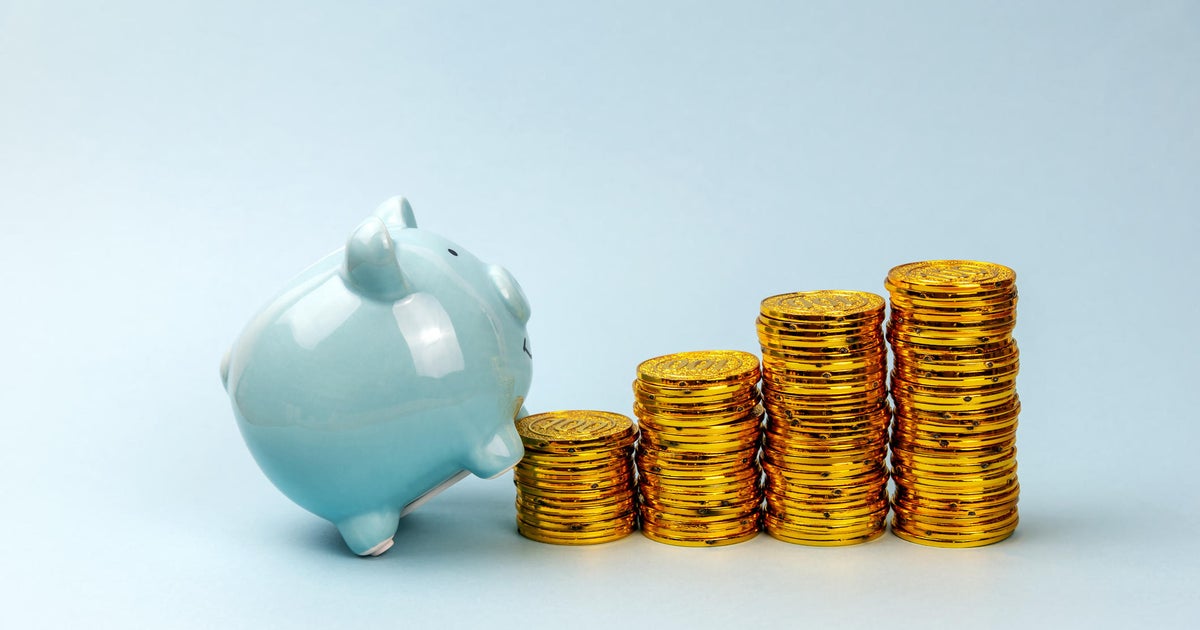3 reasons to doubt bitcoin, ethereum, litecoin and other cryptocurrencies
Bitcoin's euphoric rise has spread, something like cancer, into other "alt coins," pushing up the value of ethereum and litecoin, among other cryptocurrencies. Ask the regular Joe diving into cryptocurrencies via credit cards the difference between regular bitcoin and various bitcoin "forks" like bitcoin cash, bitcoin gold and bitcoin diamonds.
Joe probably doesn't care. Price hikes are creating the excitement, not any real currency trading discussions on, say, statement-of-work vs. proof-of-stake. The focus is on whether bitcoin will hit $20,000 on the U.S.-focused exchanges (already eclipsing that mark in South Korea, where the crypto mania is even bigger). Nothing else seems to matter.
But the bitcoin bulls, especially those who care about the bigger picture, need to answer these issues;
Bitcoin = biggest bubble of all time
In a chart from Convoy Investments that went viral Tuesday, bitcoin is now officially the biggest bubble the world has ever seen, as measured as a multiple of its starting price. The spike eclipses the chaos around Dutch "tulip mania" in the 1600s, the Mississippi Bubble of the 1700s, and the dot-com bubble of the late 1990s and early 2000s.
The rise has been so swift and severe that even bitcoin insiders are joining with regulators and other officials to warn of the downside risks.
Coinbase founder Brian Armstrong wrote in a blog post that bitcoin prices are volatile and that folks should "invest responsibly." Mike Novogratz, a famed hedge fund manager turned crypto-investor, called it "the biggest bubble of our lifetimes." Even the founder of liitecoin told potential buyers Monday night that buying his currency is "extremely risky" and that he expects to have a multi-year bear market where its value could drop 90%.
Securities and Exchange Chairman Jay Clayton on Monday reminded speculators that cryptocurrency markets, by design, offer less investor protections than the traditional securities market because of their decentralized, supra-national nature -- a "feature" according to its proponents. He also touched on what's been a primary driver of bitcoin's initial popularity: an absence of government regulation or oversight, fueling its use in tax avoidance schemes and the trading in illicit substances.
Do you know what bitcoin's "kryptonite" is?
Bitcoin bulls would do well to play devil's advocate and consider the number of risks that could quickly lance the boil of speculation in cryptocurrencies.
The largest is a regulatory crackdown not unlike what happened in China, which was until then the hotspot for bitcoin activity globally. Governments have a long history of outlawing economic and financial market activities not deemed in the common interest, even in the U.S., from crackdowns on "bucket shops" that allowed people to make highly leveraged bets on the direction of stocks and commodities to the prohibition of private ownership of gold during the Great Depression.
Already, the IRS is stepping up its enforcement of collecting capital gains from cryptocurrency winnings.
Moreover, it's worth remembering that Bitcoin's infrastructure isn't efficient. It takes minutes to settle transactions -- far slower than traditional payment processors like Visa. Bitcoin mining is already consuming the same amount of electricity as Denmark according to one estimate. And the entire system has shown a vulnerability to theft and hacking with no legal recourse for victims.
Competitive offerings like Apple Pay messaging, Zelle, and Venmo offer many of the benefits with fewer risks.
Inflation would change everything
Above all, bitcoin's rise is a product of the post-crisis era of ultra-aggressive cheap-money stimulus from global central banks. Here at home, the Federal Reserve's balance sheet has swelled from around $800 billion to more than $4 trillion. The failure of Lehman Brothers, Bear Stearns and Washington Mutual, among others, created an impression of fragility and vulnerability in the banking system at a time when ultra-low interest rates were a disincentive for holding deposits.
Bitcoin gets around this, with in-built scarcity (only 21 million will ever be mined) and its supposed "peer-to-peer" nature offering a free market refuge from Wall Street, the dollar and pesky institutions like the central banks. It's a role that traditionally has been played by precious metals, with silver and gold bullion and coins seen as the ultimate safe haven.
But years of listless trading, allegations of market manipulation, and a lack of a "digital" veneer has allowed cryptocurrencies to usurp this position. Just in time for a possible reversal of post-crisis trends.
The Federal Reserve has been tightening monetary policy for two years, with another rate hike likely this week and another three hikes penciled in for 2018. Inflation is picking up amid labor market tightness, the latent effects of global monetary easing, and the looming passage of a simulative GOP tax cut bill in Washington.
A hawkish Fed would likely lead to a rebound in the U.S. dollar, a breaking of the speculative fever on Wall Street, and an undermining of many of the reasons bitcoin was created in the first place.






